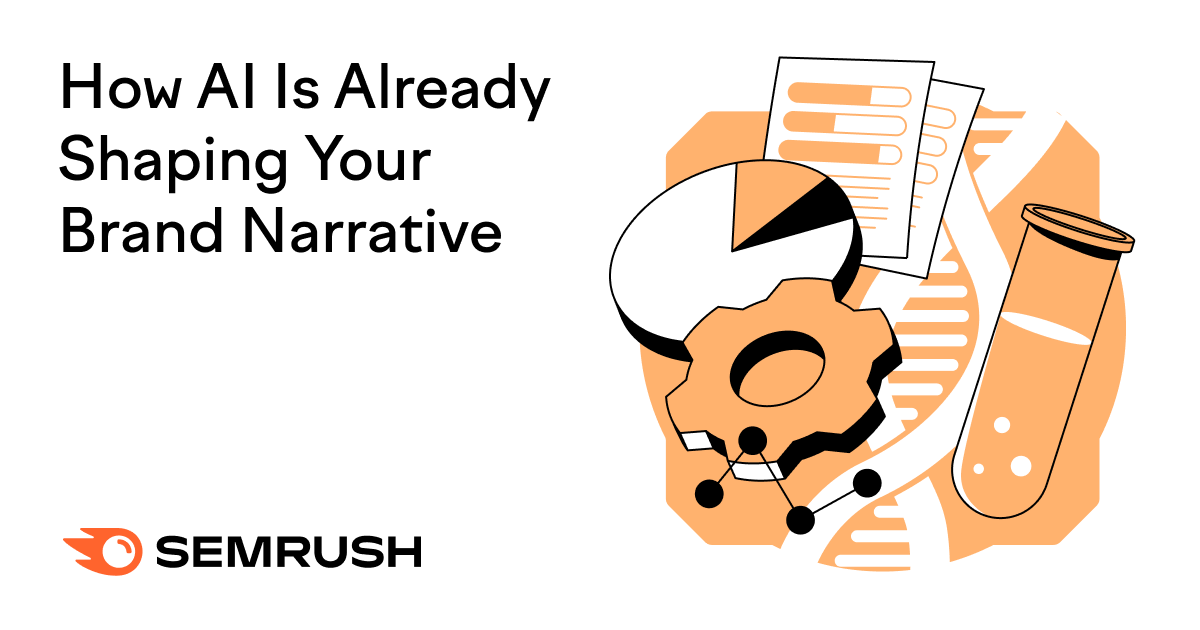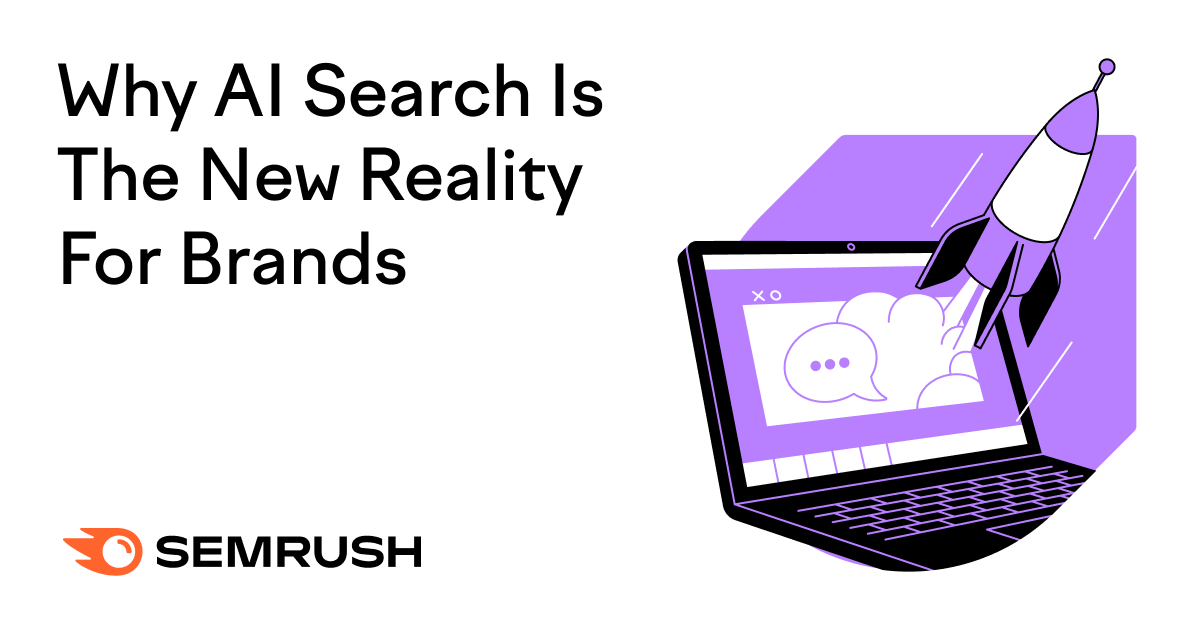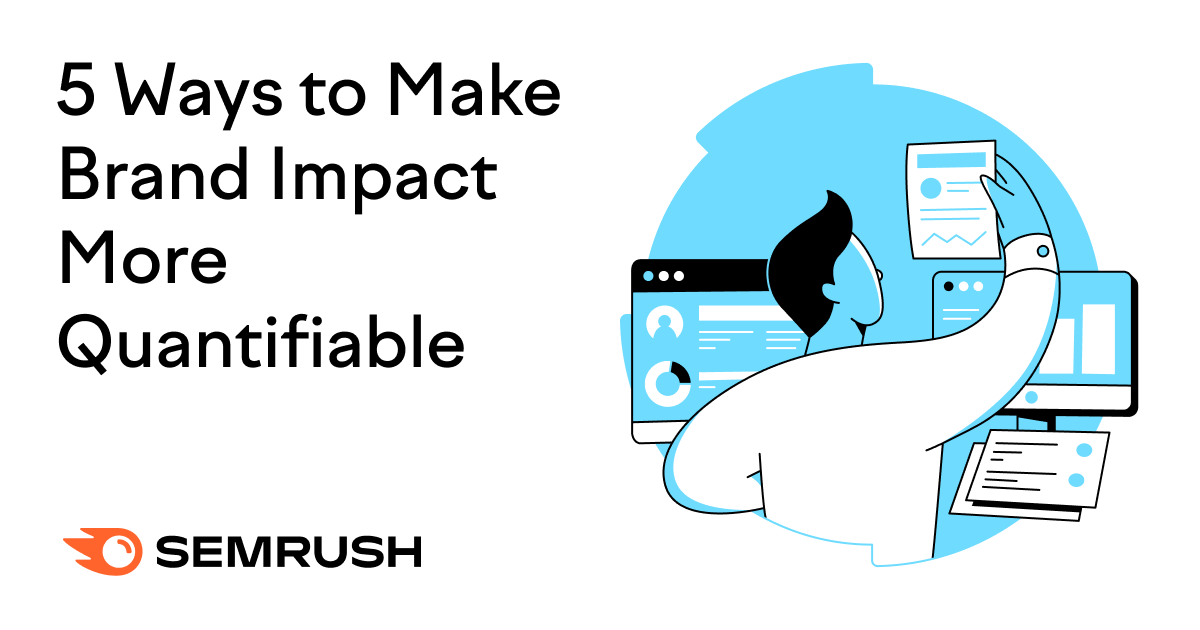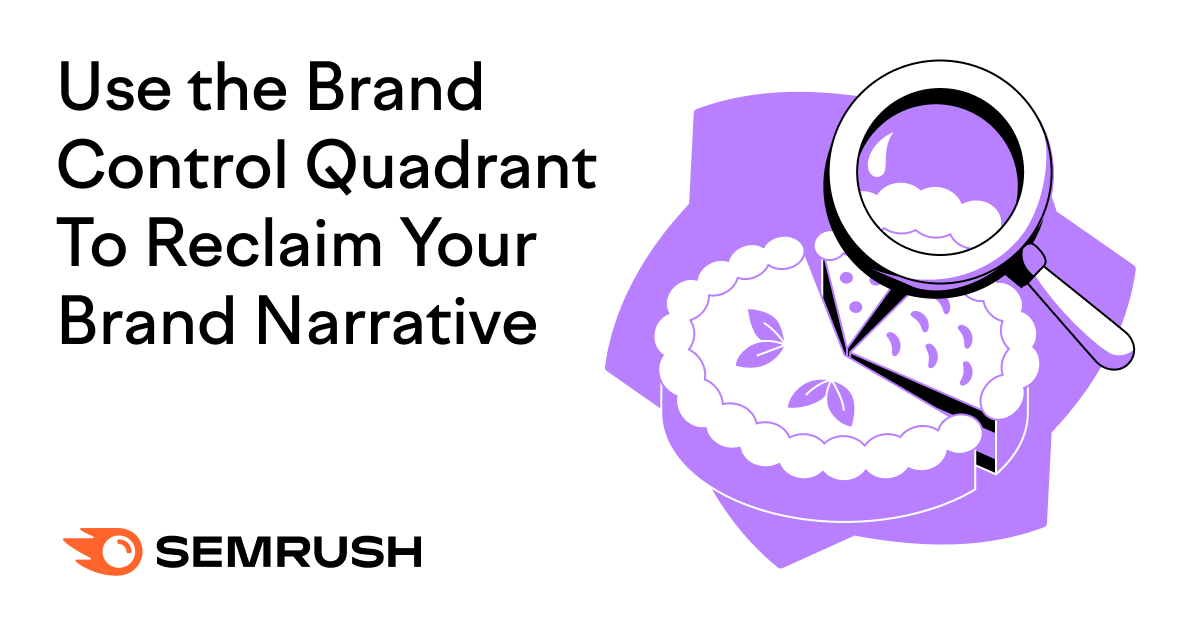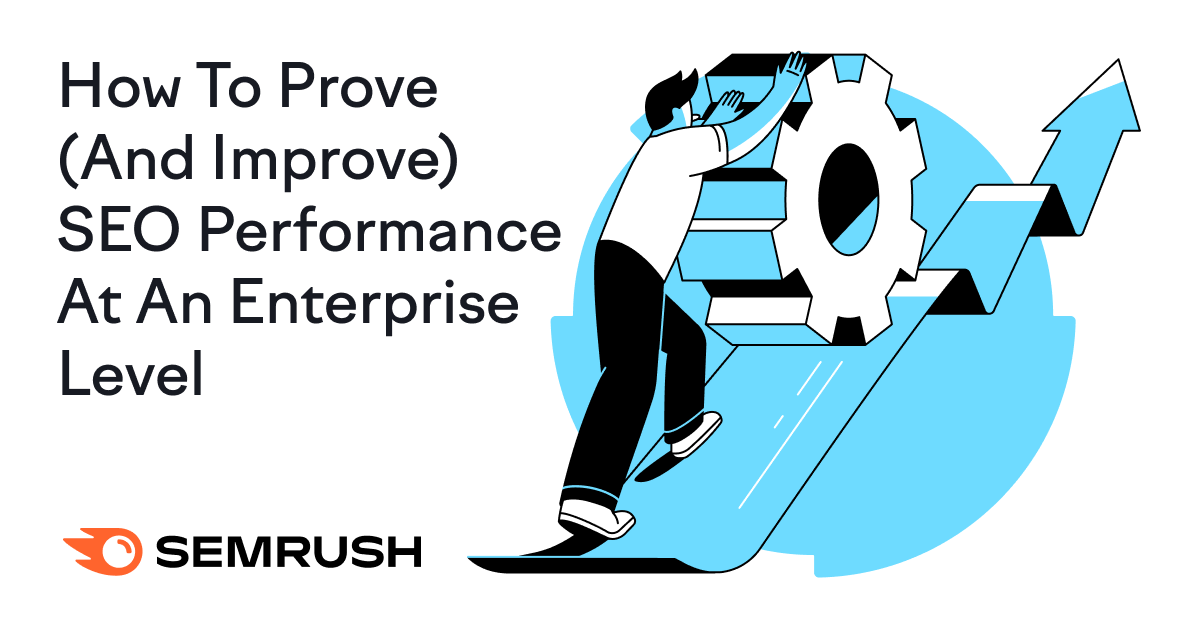
In today’s fast-evolving B2B SaaS landscape, product-led growth (PLG) has become a powerful engine for early traction. But when it’s time to scale to enterprise? You’ll need more than free trials and inbound leads.
Seasoned SaaS marketing leader Lisa Vecchio (Hootsuite, Expedia, Aircall) believes there’s a smarter path forward. One that doesn’t abandon PLG, but builds on it strategically with sales-assisted growth, strong positioning, and brand-led demand creation.
Lisa brings nearly two decades of international SaaS leadership to the table.
She outlines why PLG alone rarely closes six-figure enterprise deals, and how to evolve your go-to-market (GTM) motion to match enterprise expectations. The space where relationships, relevance, and trust rule the buying process.
Watch the interview
Lisa’s talk is a must-watch for marketing and growth leaders looking to evolve their PLG engines into enterprise-grade growth machines.

Let’s unpack some of the key takeaways.
Why PLG Isn’t enough for enterprises
PLG thrives on self-service: freemium tiers, fast sign-ups, and an immediate product experience. But enterprise buyers move differently. Their decisions involve committees, RFPs, procurement processes, and long-term strategic alignment.
Often missing in pure PLG motions:
- Human context in the buying journey.
- High-touch onboarding and enablement.
- Strategic value articulation beyond product features.
Important here is the role of sales-assisted motions. Personalized outreach, buyer-triggered activation, and what’s commonly known as an “allbound” strategy: inbound + outbound + product usage signals.
This bridges the gap between product engagement and closed-won revenue.
The three steps to scaling growth
To move upmarket, brands need to emphasize three principles:
1. Lay the right foundation
Jumping straight to outbound without structure is a recipe for chaos. Instead take these steps:
- Define a sharp ideal customer profile (ICP) that reflects value, not just fit.
- Align positioning and messaging across sales and marketing to speak one clear, differentiated narrative.
- Ensure internal go-to-market operations scale without friction—shared KPIs, feedback loops, and GTM rhythm.
2. Optimize your channel mix
Enterprise buyers don’t live in one channel. Winning attention means balancing:
- Brand-led content to spark demand.
- Performance marketing to capture it.
- Search strategies built for intent and that adapt to AI search models like ChatGPT and Perplexity.
Important to note: AI isn’t replacing search; it’s reshaping it. To show up in AI-fuelled results, companies must build trust signals across a variety of sources: PR, community contributions, thought leadership, and research-backed content.
3. Invest in brand & community
While it’s a key consideration, Enterprise deals aren’t won on price. They’re won on perception, trust, and credibility. Built brand equity does heavy lifting in longer sales cycles.
Therefore, to make the perception leap to enterprise, brands need to:
- Create authentic, insight-rich content.
- Show up consistently across social, search, owned channels, and industry sources.
- Build communities and partnerships around shared ICPs.
These brand signals not only influence human buyers but also help AI engines understand and trust your brand narrative. Especially in zero-click, AI-powered search results.
Key takeaways
PLG is the foundation but enterprise growth demands more. What does that mean for you?
- Sales-assisted growth is essential to land high-value deals and control your narrative.
- Brand and content strategies must evolve to build authority at every touchpoint and adapt to AI search.
- Operational alignment across people, processes, and platforms, is critical to scale.
Semrush Enterprise helps you to elevate every touchpoint and match the expectations of high-value buyers.These five pillars work together to make sense of the signals and drive sustainable growth:
1. Search
It all starts at search: more than 50% of consumers rank search as the most important pre-purchase information source. If you’re not visible in organic or paid results, you’re effectively invisible to your target customers. Brands can dominate discovery across their key markets by:
- Tracking trends and emerging intent signals
- Refining content to match buyer journeys
- Outranking competitors across traditional and AI search
2. Traffic
Getting clicks is one thing. Converting them is another. Over half of all online visitors bounce as soon as they hit friction. Brands use Semrush Enterprise to:
- Analyze user journeys
- Optimize on-site content and design
- Keep visitors engaged and moving down the funnel
Turns traffic into transactions by ensuring every step of the buyer journey feels seamless.
3. Behavior
Knowing why users engage, or why they drop off, is critical for enterprise growth. Global brands use Semrush Enterprise’s behavioral insights to identify mid-funnel friction points. See what’s working, what’s not, and where to adjust, and get the clarity needed to confidently scale sales-assisted growth.
4. Social
More and more opinions are formed on social media, where buyers research, compare, and validate their options. 85% of Gen Z buyers use social research before making decisions. Transform noise into actionable insights and help marketing and sales teams to:
- Follow traction across platforms
- Identify influencers driving conversations
- Measure campaign resonance in real time
5. Brand
Brand is the thread that ties everything together. Nearly two-thirds of all sales lift is tied to brand strength and creative quality. With Semrush Enterprise, you not only understand how your brand shows up, you also learn how to strengthen it.
Each of these pillars on their own is a powerful opportunity to create better customer engagement. But the real power is in connecting them to leverage insights from each to empower the others. That’s how marketing leaders build the bridge from PLG to enterprise scale—faster, smarter, and with confidence.
![What Is a Markup Language? [+ 7 Examples] What Is a Markup Language? [+ 7 Examples]](https://static.semrush.com/blog/uploads/media/82/c8/82c85ebca40c95d539cf4b766c9b98f8/markup-language-sm.png)
